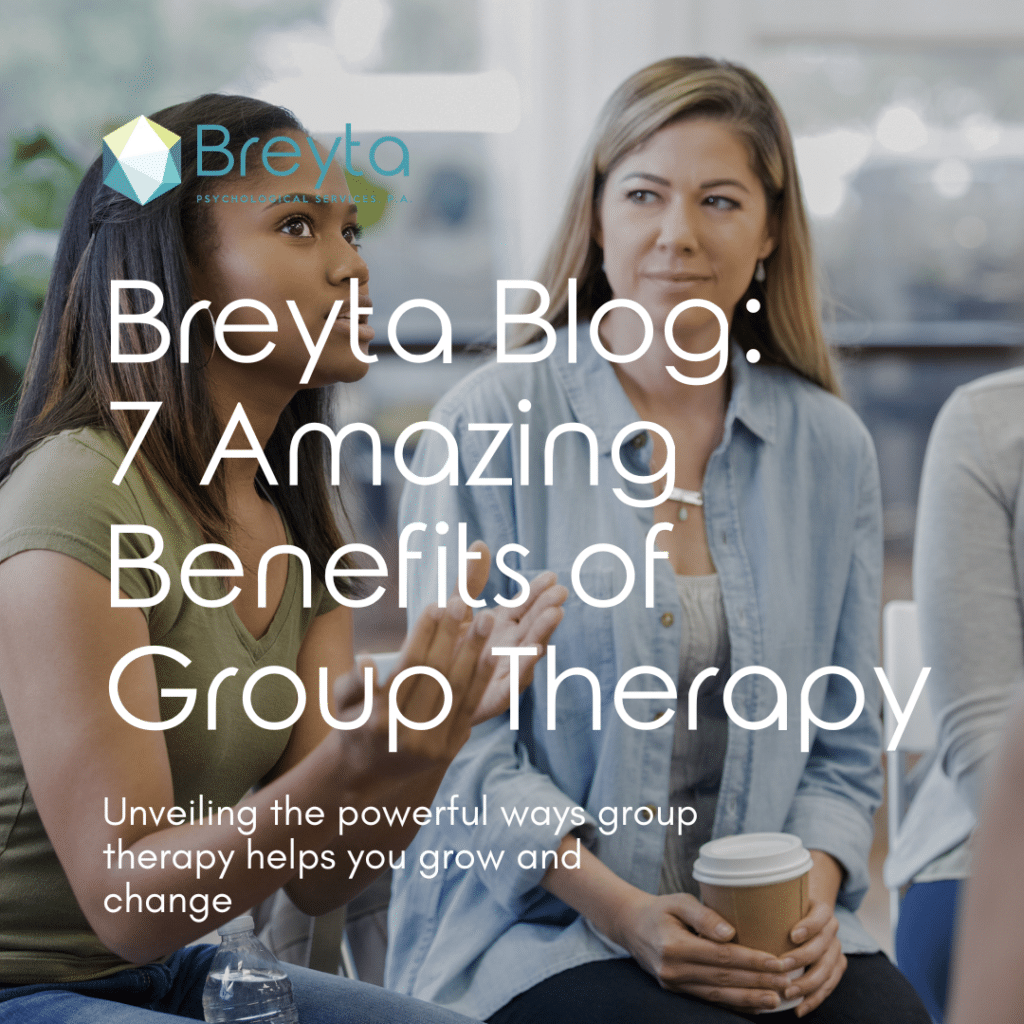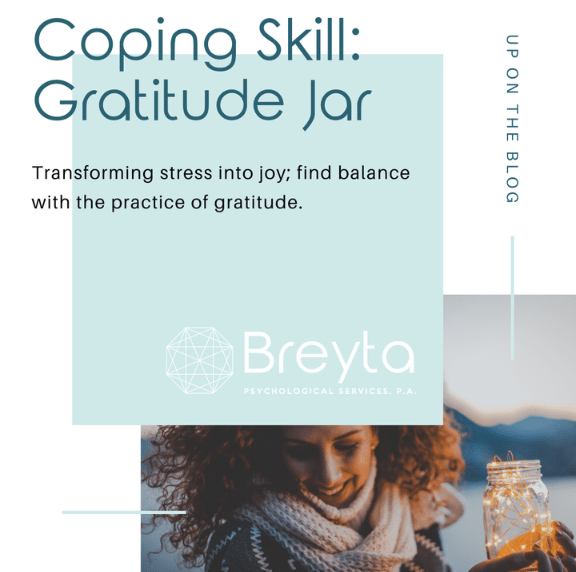Insomnia & Sleep Disorder Treatment in Raleigh
Manage and overcome insomnia & sleep disorders associated with mental health with a trauma-informed therapist as your partner in care.

Rejuvenation Through Insomnia & Sleep Disorder Treatment
Through treatment, not only will you learn how to maintain new levels of sleep health, but we will also help you establish a personalized insomnia relapse-prevention plan that you can use on your own when treatment concludes.
Improved Sleep Quality
Improvement in sleep can include the ability to fall asleep faster, experience fewer nighttime awakenings, and enjoy more restorative sleep.
Enhanced Energy & Alertness
Better sleep typically leads to increased daytime energy and alertness which can positively affect productivity and the ability to focus on tasks.
Better Emotional Regulation
Improved sleep can lead to better mood regulation and a decrease in symptoms of depression and anxiety.
Lower Stress Levels
With better sleep, the body’s stress response can be more regulated, leading to lower overall stress levels and stress management.
Sharper Cognitive Function
Adequate sleep improves cognitive functions such as memory, decision-making, concentration, and creative thinking.
Improved Quality of Life
Less sleep disorder-related side-effects means greater peace, improving your quality of life, from better sleep to greater vitality.
Feeling lost or stuck? Let Breyta be your North Star.
If you are caught in the ebbs and flows of the waves of emotion, or frozen in an iceberg of numbness, we will help you navigate the way forward. Contact our trauma-informed therapists today. We will be your North Star.
Embarking on Your Path to Meaningful Change
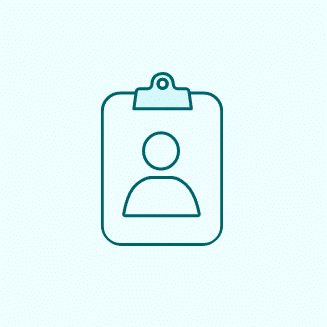
Fill Out Our
Contact Form
Begin by filling out the contact form where you can request a 15-minute consultation or initial intake session.
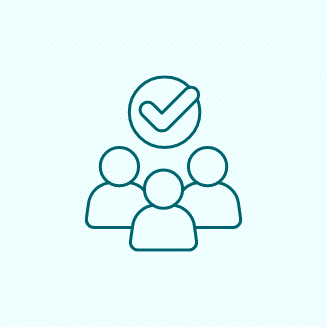
Choose Your Provider &
Schedule Initial Session
We’ll get in touch with you to help you choose your provider and schedule your consultation or intake session.
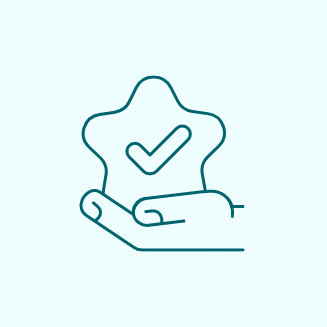
Complete Your
Intake Paperwork
Complete your intake paperwork within 24-hours of your initial appointment to hold your session time.

Therapy to Change the Tides of Insomnia & Sleep Disorders
Do you dread bedtime, find yourself falling asleep at work, or spend hours lying awake in bed each night as time slowly passes by? If the answer is yes, you may be experiencing insomnia. Insomnia consists of difficulty falling asleep, staying asleep, waking earlier than desired, or a combination of these. As a result, you almost never wake feeling fully rested.
With the help of a skilled insomnia therapist, you can target the root cause of your insomnia and other sleep disorders using a non-pharmaceutical treatment. Better yet, therapy with a doctoral-level psychologist can help you develop a specific plan to get you sleeping soundly, so you can once again feel rejuvenated. Thanks to evidence-based models of therapy like Cognitive Behavioral Therapy for Insomnia (CBT-I), over time you can wake up with a renewed zest for life and the energy to engage in positive change.
Find Your Flow with Breyta
You can’t control the waves, but we can help you surf them.
Our approach creates the ripples of change.

Specialized Treatment: Trauma-Informed Care
The entire Breyta experience has been carefully structured through trauma-informed methodology; from our dedicated team of trauma-informed therapists, all of whom provide care with the utmost sensitivity and intentionality, to our waiting room and offices, all designed from a trauma-informed lens.
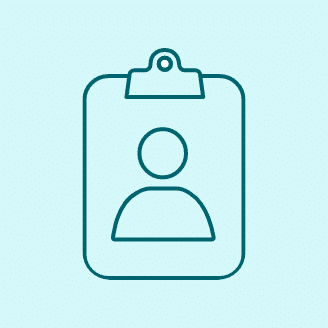
Elevated Expertise: Doctoral-Level Psychologists
In order to provide the highest level of psychological care, every one of our clinical psychologists has received their doctorate in the mental health field. We use our specialized knowledge and expertise to offer the most comprehensive and innovative therapeutic approaches.
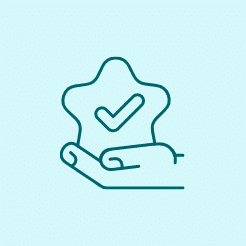
Innovative Techniques: Process-Based Psychotherapy
Through process-based therapy, the most innovative form of evidence-based therapy, we gain a comprehensive understanding of what makes you who you are, including the core processes keeping you stuck. We then intentionally choose a unique combination of evidence-based approaches to create the most effective treatment plan for you.
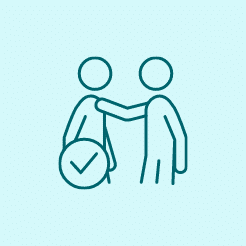
Personalized Approach: Client-Centric Practice
The experiences that have shaped you and how you processed them are completely unique. Our client-centric approach to therapy is just as personal, placing you at the center of your care. The specific therapy you receive is a direct reflection of you, evolving with you as you heal and grow.
Frequently Asked Questions:
You will be paired with a clinician with specialty training in behavioral sleep medicine. The mental health provider you choose is an integral piece of your “sleep team”. You may already have spoken to your primary care physician, dentist, sleep medicine physician, sleep tech, nurse, or other care providers at length about your sleep problems. In fact, it’s normal for our clients to have been referred to us by one of our medical colleagues following a sleep study. Once sleep apnea has been ruled out as the main cause of the sleep problem, Cognitive Behavioral Therapy for Insomnia (CBT-I) becomes the first choice for treatment. If sleep apnea is ruled out of your sleep study, or you are diagnosed and successfully wear a CPAP, but still aren’t sleeping well, it’s likely that you are experiencing primary insomnia.
You’ll work with a Breyta clinician to thoroughly assess your sleep problems, establishing a clear baseline. Once behavioral sleep treatment begins, you will learn the secrets behind why we have so much trouble falling and staying asleep. You’ll be provided with concrete skills designed to increase your sleep ability, promote relaxation, change your relationship to sleep-related anxiety. We’ll examine behaviors you may be engaging in that could be hurting your ability to sleep and will develop a plan to help you train your body to respond favorably to bedtime. We’ll also examine your sleep schedule and make changes as needed, titrating your sleep schedule each week to improve sleep efficiency.
CBT-I is a brief protocol that typically lasts between four to six sessions. However, the length of time it takes to overcome sleep disorders varies from person-to-person and is dependent on the existence of any co-occurring conditions. The important thing to remember is there is no right or wrong way to heal. By working closely with our psychologists, we’ll continue to evolve your personalized treatment plan with your progress, consistently moving you toward overcoming depression.
According to the American Academy of Sleep Medicine, approximately three out of ten adults have symptoms of insomnia, while one in ten have insomnia severe enough to result in daytime drowsiness. Chronic insomnia is experienced by less than 10% of adults.
There are two types of insomnia: Primary and Secondary. Primary insomnia is difficulty sleeping that is not otherwise attributed to an existing medical, mental health, or environmental reason. Secondary insomnia is sleep difficulty that is the direct result of medical conditions, other psychiatric disorders, substance use/abuse, or other sleep disorders.
Most components of CBT-I can actually benefit nearly everyone with sleep problems, even if you do not meet criteria for a diagnosis of insomnia. Cognitive behavioral therapy can also be used to successfully address other sleep disorders, such as nightmares, and circadian rhythm disorders. Nightmares may be related to a specific traumatic event from your past, or they may simply be frightening scenarios with no discernible connection to your daily life. Therapy can help you learn techniques, such as Imagery Rehearsal Therapy (IRT), to rewrite these dreams and gradually desensitize you to the content within them.
If anyone has ever called you a “morning lark” or a “night owl”, or if you are struggling to sleep regularly due to shift work or jet lag, you may be struggling with a circadian rhythm sleep-wake disorder. Cognitive behavioral therapy can provide you with concrete tools you can implement to make adjustments to your behaviors, address thoughts or feelings that may be getting in the way of sleep, and help you to relax more efficiently.
Absolutely! You may be dealing with other issues that are impacting your capability to sleep, while insomnia negatively affects your ability to cope with emotional problems; creating a problematic cycle. If you would like to address other problems in your life in addition to insomnia, therapy can help you do that. In fact, we encourage our clients to consider their sleep problems contextually, making therapy for trauma, anxiety, relationship issues, or depression an important piece of the clinical picture. CBT-I can be used in tandem with other therapy, or you can choose to address insomnia first before exploring longer-term therapy for other life problems. Our clinicians will be happy to work with you to develop a comprehensive treatment plan that takes these considerations into account. The benefits of cognitive behavioral therapy for insomnia last well beyond the end of treatment.

